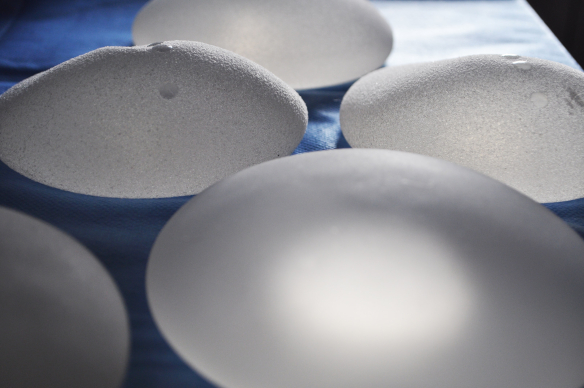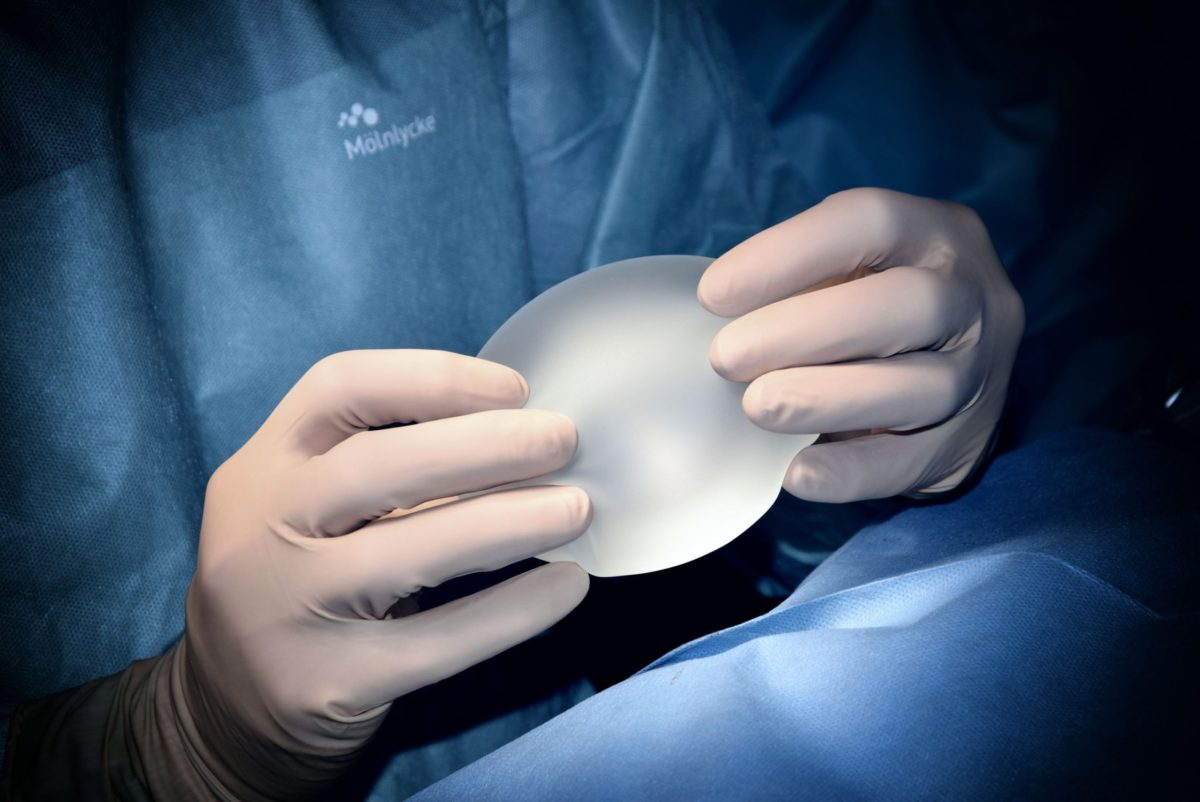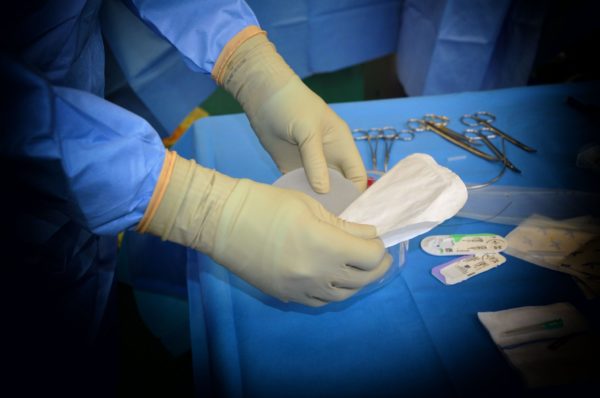Body modification and the role of plastic surgeons
Body modification and ethics
Body modification refers to any procedure that alters the external look of your body. This includes tattoos, scarification, subdermal implants, and more extensive surgical procedures.
Social perceptions relating to body modification have altered significantly over time. Body modifications have become far more widely accepted in many societies, that would have previously judged individuals as being ‘unstable’ for choosing to have the same types of modifications.
The question is should an ethical plastic surgeon provide body modification procedures, with low associated risks and complications and a high positive outcome?
One body modification procedure that has become increasingly popular due to films such as Avatar and The Lord of the Rings and has a high satisfaction rate is the shaping of ears to resemble ‘elf’ ears. Ear reshaping has been a common plastic surgery procedure for many years and normally involves either ‘pinning’ back ears or repairing or reshaping the ear lobe.
What makes reshaping the top of the ear to make it pointy, so different?
An easy argument is that plastic surgery should only be performed to improve and replicate the ‘perfect’ natural shape of an ear and not create something unnatural looking.
This argument is all very well, however numerous plastic surgery procedures do not create a ‘natural’ look and often the individual wants a ‘fake’ look. There are various procedures that are done to deliberately create a ‘fake’ looking results when requested by the patient, such as; breast augmentation, with the aim of creating round, gravity-defying breasts, extra full, augmented lips and rhinoplasty performed to drastically change the size and shape of the nose.
To address this dilemma I think it is important to consider the psychology behind why an individual might want to have, a body modification procedure.
Personality disorders and body modification
Body modification is often encountered by psychiatrists and has previously been associated with personality disorders. A study by Hohner and colleagues separated a sample of 289 women with various types of body modifications into two groups. The first group consisted of women that displayed borderline personality traits and this was then compared to the second group that was not perceived as displaying borderline personality traits. No correlation between borderline personality traits and the number or types of body modifications was established.
https://psychiatryonline.org/doi/full/10.1176/appi.ajp-rj.2017.120803
Another study by Cardasis conducted in a forensic setting suggested differently. 36 male forensic patients with a diagnosis of antisocial personality disorder were found to have a higher number of tattoos, than patients without the diagnosis.
https://psychiatryonline.org/doi/full/10.1176/appi.ajp-rj.2017.120803
Society and body modification
Our social environment is also a contributing factor when considering the psychology behind why individuals choose to have body modification procedures. Throughout history, all cultures have embraced certain forms of body modification such as, the use of corsets to reduce the size of your waist or tribes that use neck rings to elongate their necks. Certain types of body modification can indicate social status or are used to identify an individual with a specific group.
Over time as social acceptance has resulted in more accomodating attitudes towards body modification; procedures such as tattooing, body piercing, and subdermal implants are no longer considered to be associated with ‘marginal or deviant social groups’. Body modification is now often viewed by many individuals as simply another form of self-expression.
Body modification may also be a way for individuals that have experienced abuse or trauma, to feel they are able to take back control of their lives.
Below is an interesting quote from a woman who was raped about why she wanted a body modification procedure in the form of a body piercing.
“I’m getting pierced to reclaim my body. I’ve been used and abused. My body was taken by another without my consent. Now, by the ritual of piercing, I claim my body as my own. I heal my wounds” (Jeffreys 2000: 414).
Additionally, individuals with disabilities, injuries, serious health conditions and ‘marginalized’ groups in society may feel that body modification is their ‘way of claiming positive ownership of their own bodies, their own identities’ (Atkinson 2004).
https://www.bradley.edu/sites/bodyproject/disability/modification/
Scarification is another form of body modification that increased in popularity. Along with tattoos or other forms of body modification that may be desired as a way of marking an important event or providing closure; after a traumatic event or death of a loved one.
My personal viewpoint
Each case needs to be evaluated individually and only the plastic surgeon who is consulting the patient can decide if they feel it is ethical to proceed. I can not see any ethical justification for performing any procedure where there is a high likelihood of the individual suffering from permanent disability or chronic pain.
Guidance for plastic surgeons
Based on my research and personal experiences, I have listed below questions plastic surgeons may want to ask patients that request a body modification procedure.
When did you first consider this type of body modification?
What made you want this type of body modification?
What do you think will change on a day to day basis once you have had this type of body modification?
Do you believe having this body modification will make you happier?
Can you explain how and in what ways you will be happier?
As with any surgical procedure establishing your patient fully understands the risks and complications, the success rate of revision surgery if required and has realistic expectations; will help you to ensure a high satisfaction rate.
Can you help?
If you are a plastic surgeon and you provide any types of body modification procedures, please message me if you would be willing to complete an interview for my blog.




